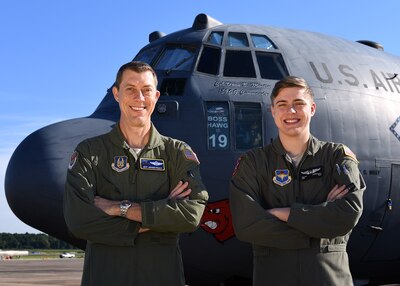ARLINGTON, Va., Dec. 7, 2017 — We recognize today as the
76th anniversary of the Japanese attack on Pearl Harbor in Hawaii and as the
beginning of a long and hard military struggle for the United States and its
allies.
More than 3,400 military personnel and civilians were killed
and wounded that day, with significant damage inflicted upon the Pacific Fleet
and to the Army Air Corps squadrons stationed in Hawaii. At this uncertain
time, Americans came together in a common cause to prevail in an unwanted war.
In terms of readiness for a war, the National Guard was a
bellwether of the country and its citizens in December 1941. After Germany's
1939 invasion of Poland, U.S. President Franklin D. Roosevelt had declared a
state of national emergency to begin preparing for American involvement in what
was increasingly becoming a global war.
Ordered Into Federal Service
As part of this peacetime emergency measure, the entire
National Guard -- more than 300,000 soldiers -- was ordered into federal
service, with some units mobilized as early as September 1940.
So when the Japanese attack came and war suddenly was
inevitable, guardsmen were training in ground and air units all across the
country. Moreover, because United States territories overseas were in desperate
need of reinforcement, National Guard units had been deployed to augment the
defenses of both Hawaii and the Philippine Islands well before Dec. 7.
Guardsman were consequently in the thick of the fray during
both attacks, claiming both the first Japanese prisoner of war at Pearl Harbor,
by the 298th Infantry from Hawaii, and the first Japanese plane shot down in
the Philippines, by the 200th Coast Artillery from New Mexico.
Reassuring Beleaguered Allies
By virtue of the peacetime mobilization, the National Guard
increased the size of the Army, providing the War Department with trained,
organized, and thus deployable units. It also enabled the United States to
almost immediately reassure beleaguered allies in both the Far East and in
Europe with more than just words, but with actual American fighting men. A
portent of the future, this token American military readiness, demonstrated
through trained and ready units, inspired hope, both at home and abroad.
On this day, we remember. The great loss of life in the line
of duty on Dec. 7, 1941, compels the nation today, as it did then, to remember
and to honor the sacrifice of those lost then, and to reaffirm its commitment
to the men and women who defend the United States today.









